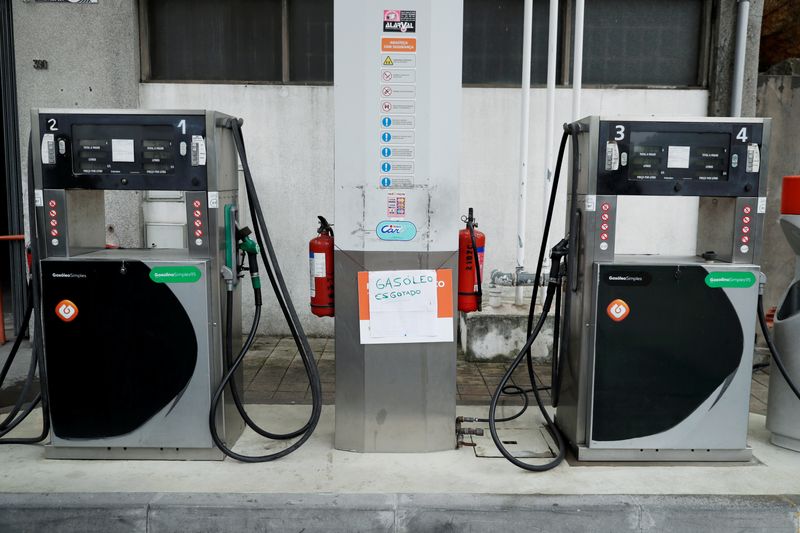
Portugal’s parliament on Tuesday approved a 33% tax on windfall profits that energy companies and food retailers can make as inflation hits its highest level in nearly three decades.
The Finance Ministry’s Head of Tax Affairs, Nuno Felix, said the new “exceptional and very temporary” tax is in line with the tax approved by the European Union for the energy sector.
In Portugal, this tax targets the excess profits of companies operating in the crude oil, natural gas, coal and refining sectors, but also food retail businesses. It was proposed by the socialist government which has an absolute majority of seats in Parliament.
“The new tax is about redistributing those excess profits in an inflationary environment… There must be social justice,” Felix told parliament before the vote.
According to the approved system, the share of the profits of these companies that exceed 20% of the average profits of the previous four years will be subject to tax at the rate of 33%. The new rate will apply in 2022 and 2023.
In Portugal, the standard rate of profit for a company is 21%.
Profits from Portuguese oil and gas group Galp rose 86% in the first nine months, but the company said that was mainly due to its production in Brazil and Angola, which benefited from higher crude prices, rather than to its national activities.
Portugal’s second largest retailer, Jeronimo Martins, reported a 29% increase in net profit for the January-September period as runaway inflation pushed up sales figures.
Portuguese consumer prices rose 9.9% year-on-year in November, a slight slowdown from the previous month’s rise of 10.1%, which was the highest in three decades.






